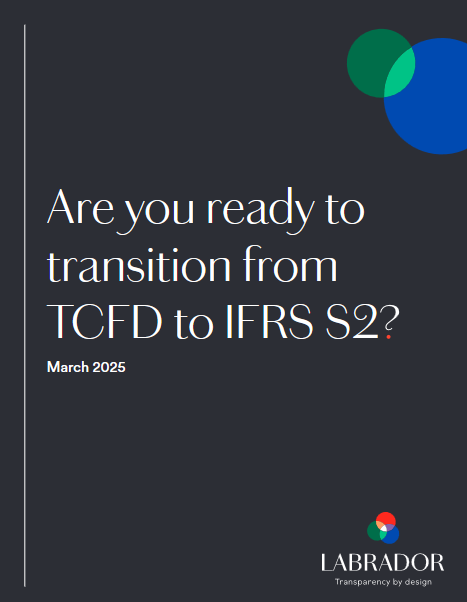In the wake of the UnitedHealthcare tragedy, I blogged a few months ago some good examples of executive security arrangement disclosures. Now we have some data about existing trends for this type of disclosure.
For starters, Compensation Advisory Partners has this new report analyzing the prevalence and scale of security benefits in which it found that overall, security perks are a minority practice, with 28% of the 500 companies providing security services as part of their perquisite program. Of those that did, the median disclosed cost for the full executive team (NEOs and CEOs) was $49K. The lowest reported cost was $288 and the highest reported cost was $6.8M, with the average coming in at $414K. The sectors with the highest prevalence of security perks were Communication Services (43%), Information Technology (42%), Financials (33%). Healthcare and Energy came in at less than a quarter.
Then, this Compensia memo penned by Mark Borges and Jodie Dane, finds that based on proxy disclosures for S&P 500 and Russell 3000 companies with fiscal year ends September 2023 through August 2024 – the most recent year for which data is available:
- 24% of S&P 500 companies disclosed personal security arrangements with a value of $10,000 or more for specified named executive officers during the year. In many instances, these arrangements were limited to the Chief Executive Officer. Where reported, the aggregate incremental cost to the company of such arrangements varied significantly, ranging from approximately $11,000 to approximately $9.4 million. 2% of non-S&P 500 Russell 3000 companies disclosed such arrangements, with values ranging from $54,000 to $3.7 million.
- Among all S&P 500 and Russell 3000 companies, 49 disclosed personal security arrangements costing more than $250,000, with an average of $1.4 million across these 49 companies. Technology and technology-related entertainment industry companies represent approximately 40% of this group, followed by financial industry companies (20%).
The memo concludes with this advice: “In light of many companies’ views that all security arrangements (both business and personal) are a necessary and integral aspect of the performance of executives’ jobs and the views of ISS, some institutional shareholders, and the SEC that these arrangements should be disclosed as a perquisite, thorough disclosure of these arrangements is important. While there is no indication that the SEC will change its long-standing position that personal security-related costs may be considered reportable benefits, it seems possible that investors may be more reticent to taking a critical view of necessary security related costs in the near term.
In view of recent events, if a company’s disclosure appropriately addresses the need, and rationale, for such security arrangements, the dollar amount disclosed as a perquisite is likely to be better understood.
Committees considering adjustments to, or introduction of, personal security arrangements for named executive officers should ensure the Board of Directors’ decision making is grounded in an informed and thorough risk management process involving the compensation, legal, and risk functions. This process may include, among other things:
– Using the company’s enterprise risk management process and risk “heatmapping” to help inform the degree and drivers of executive security risk and mitigation steps/strategies
– Conducting a systematic security assessment to support decision-making with shareholders and defend the company’s tax position
– Ensuring clear proxy statement disclosure that identifies the particular nature of the benefit received and provides the rationale for the arrangements without creating further vulnerabilities”



























